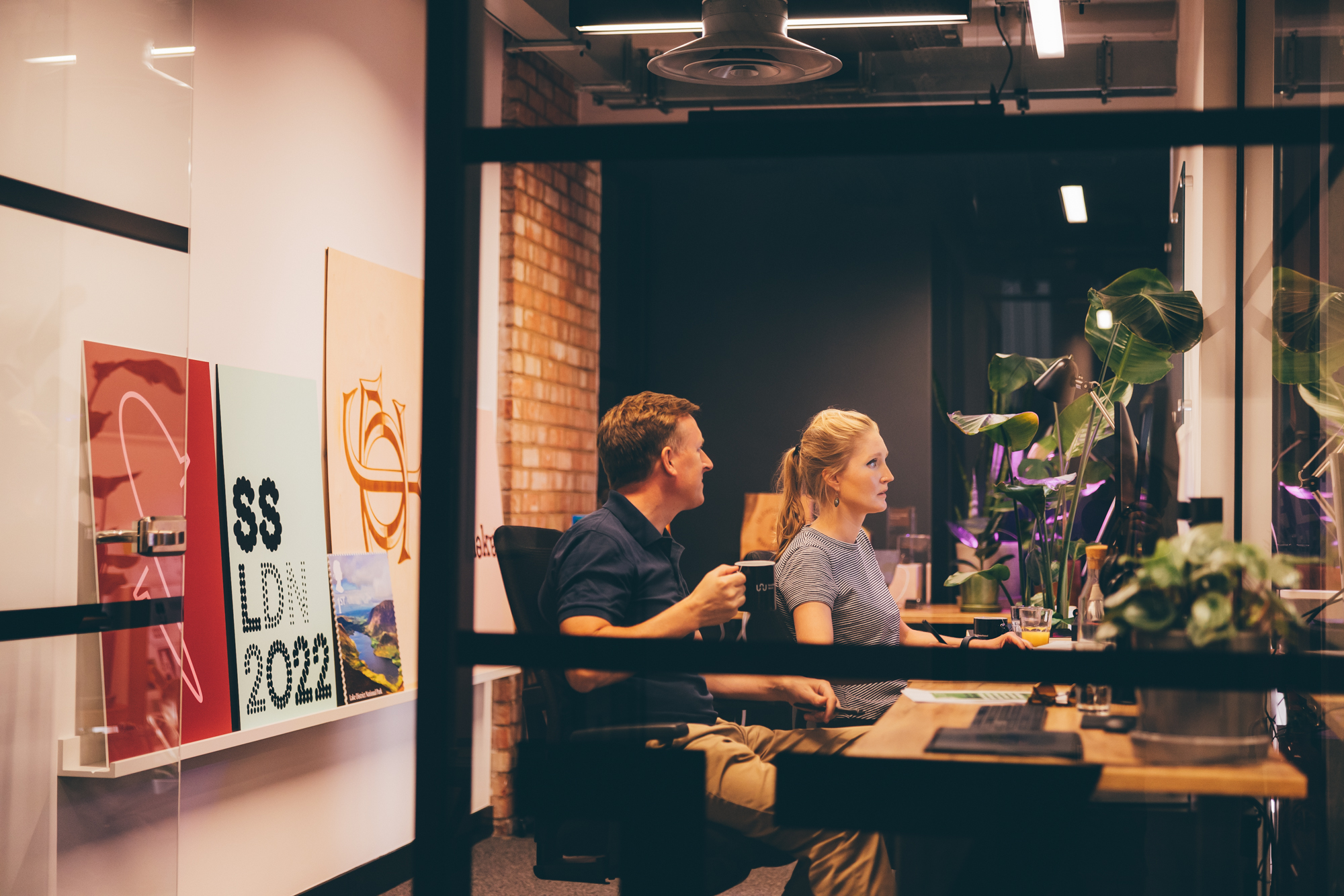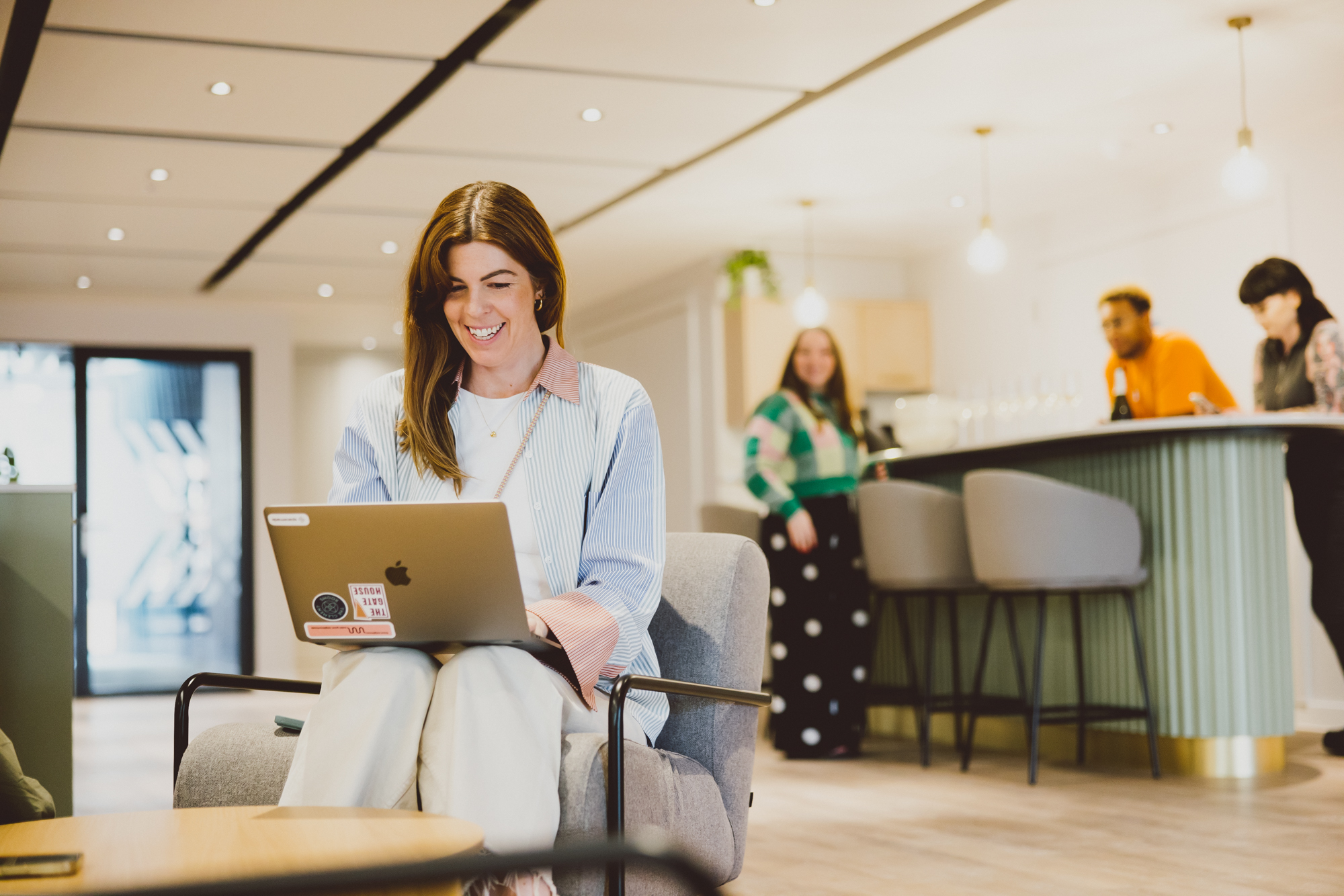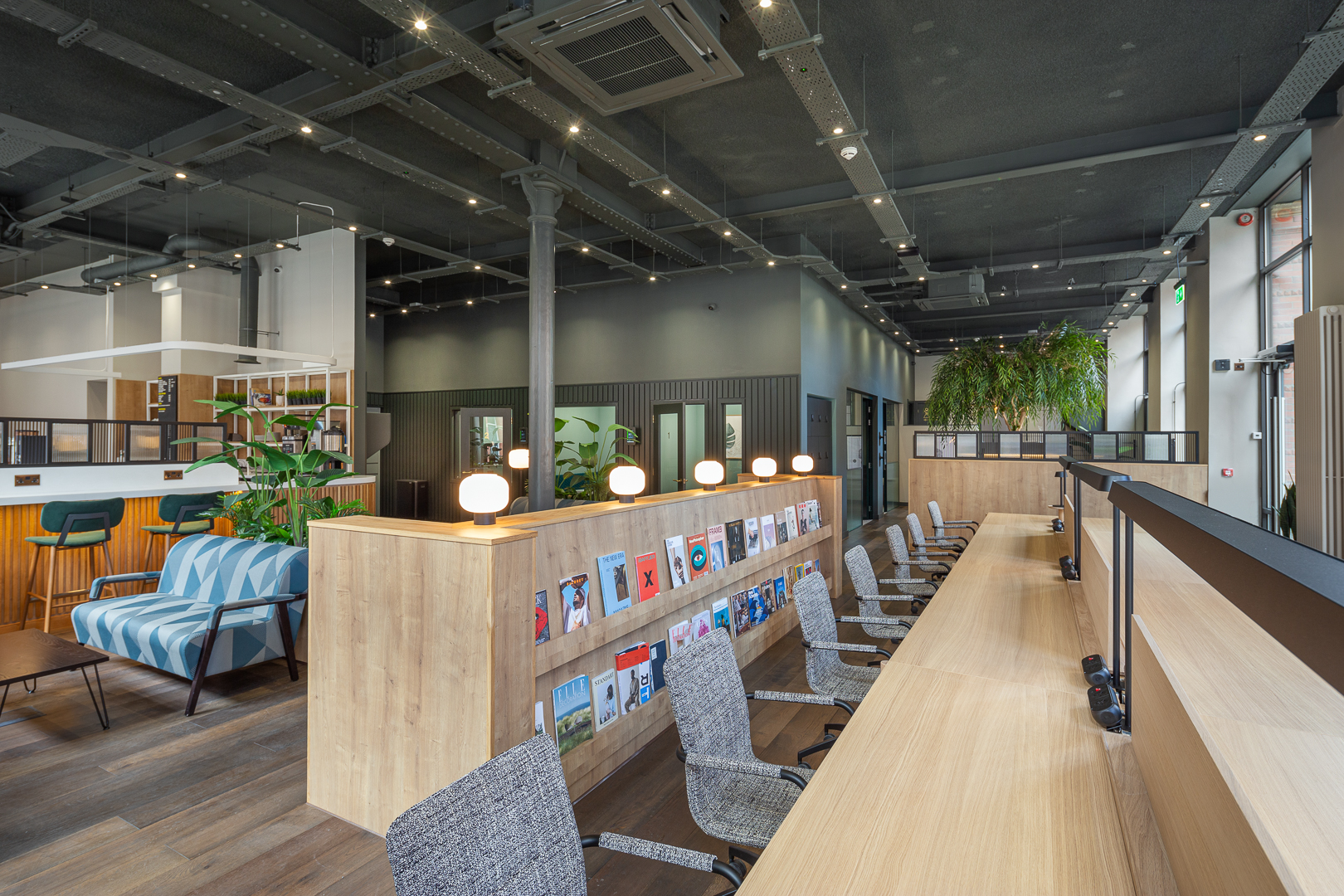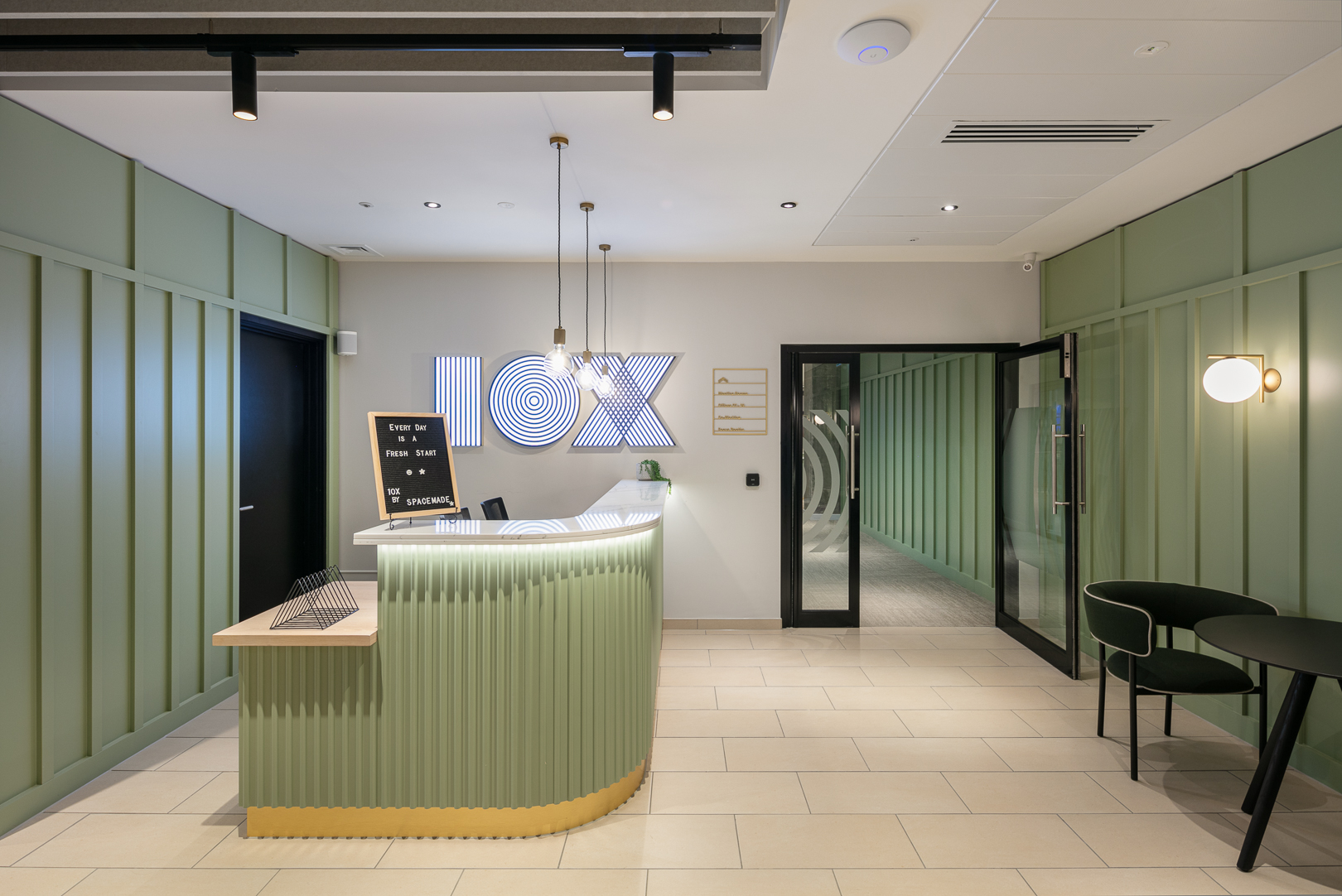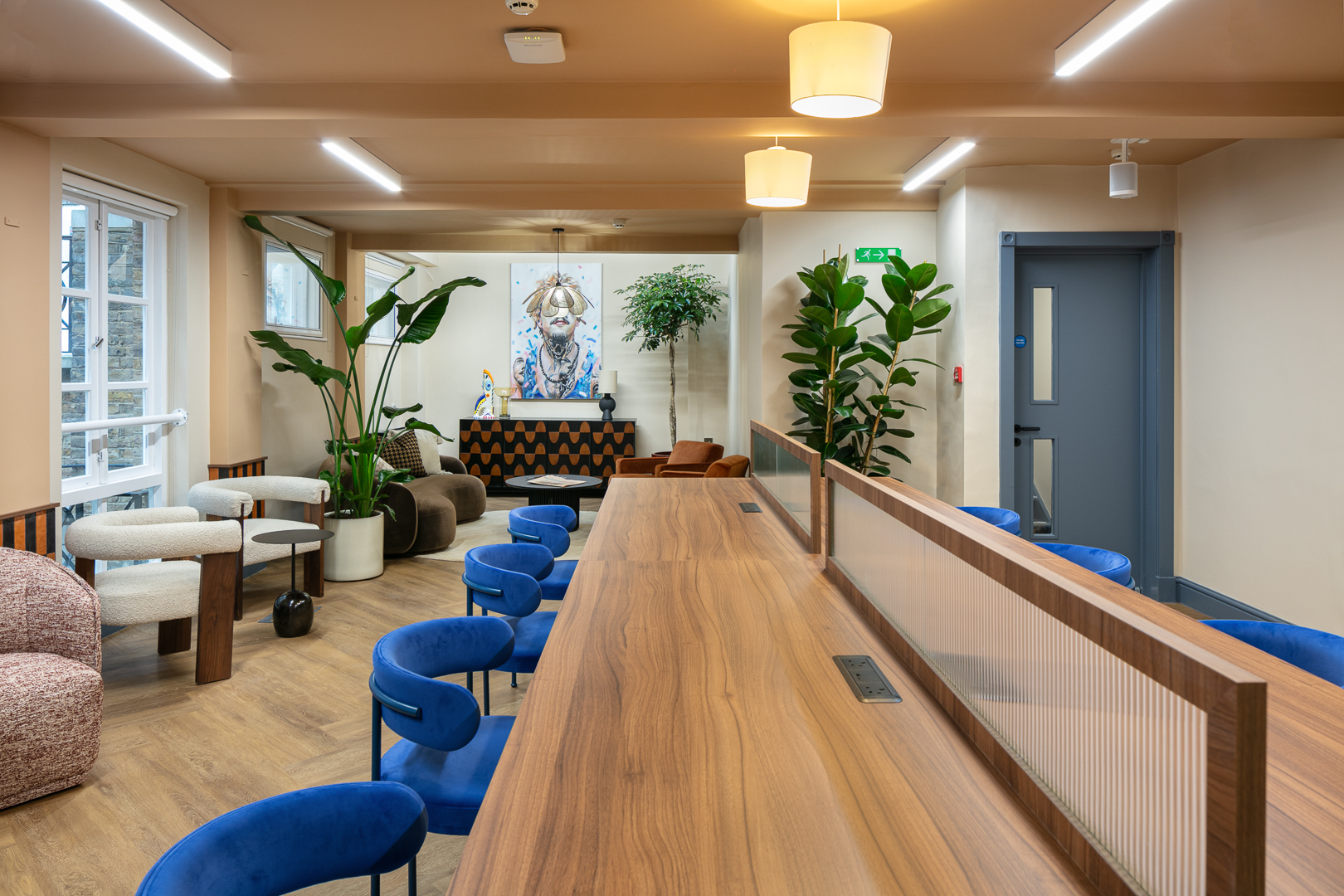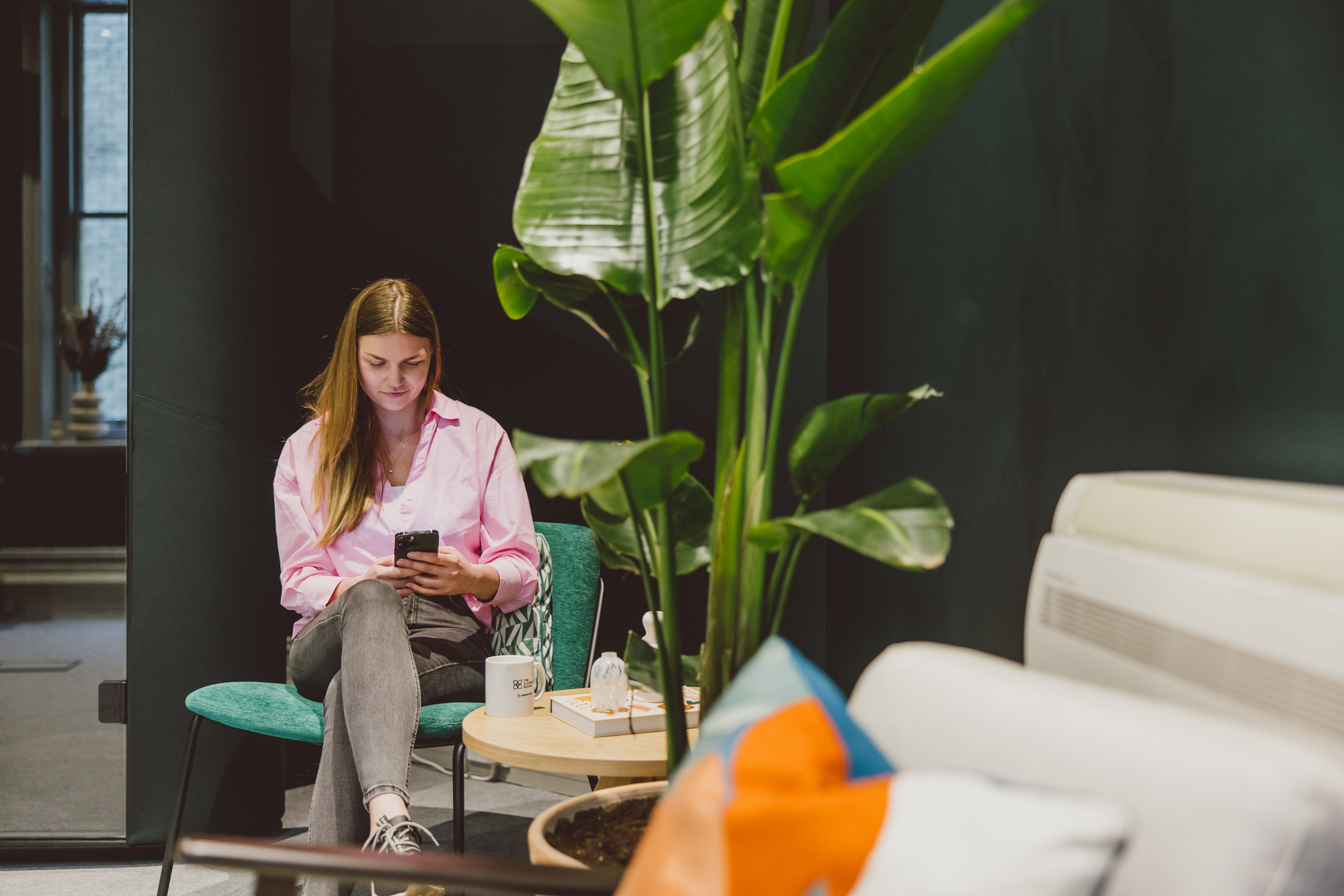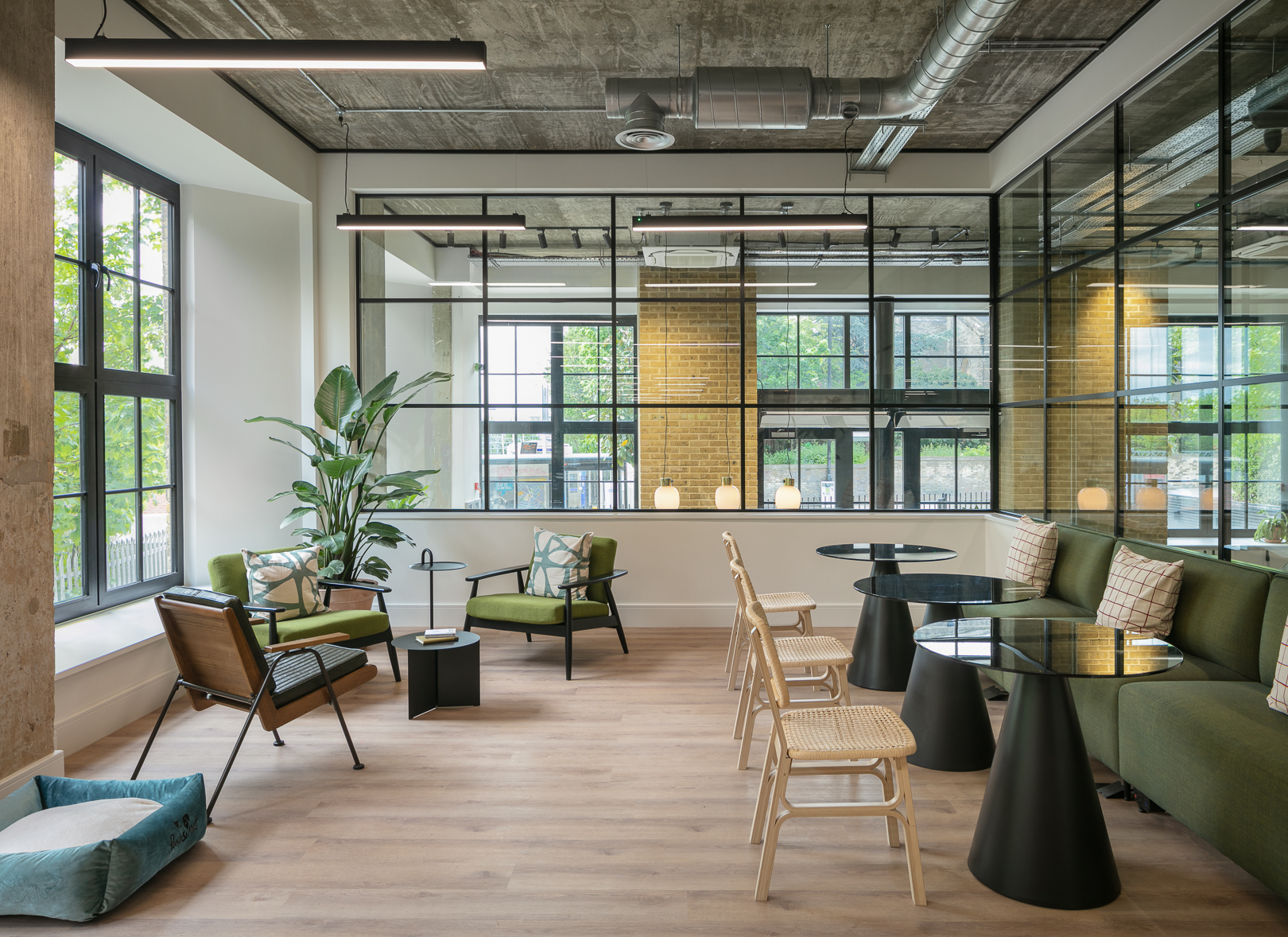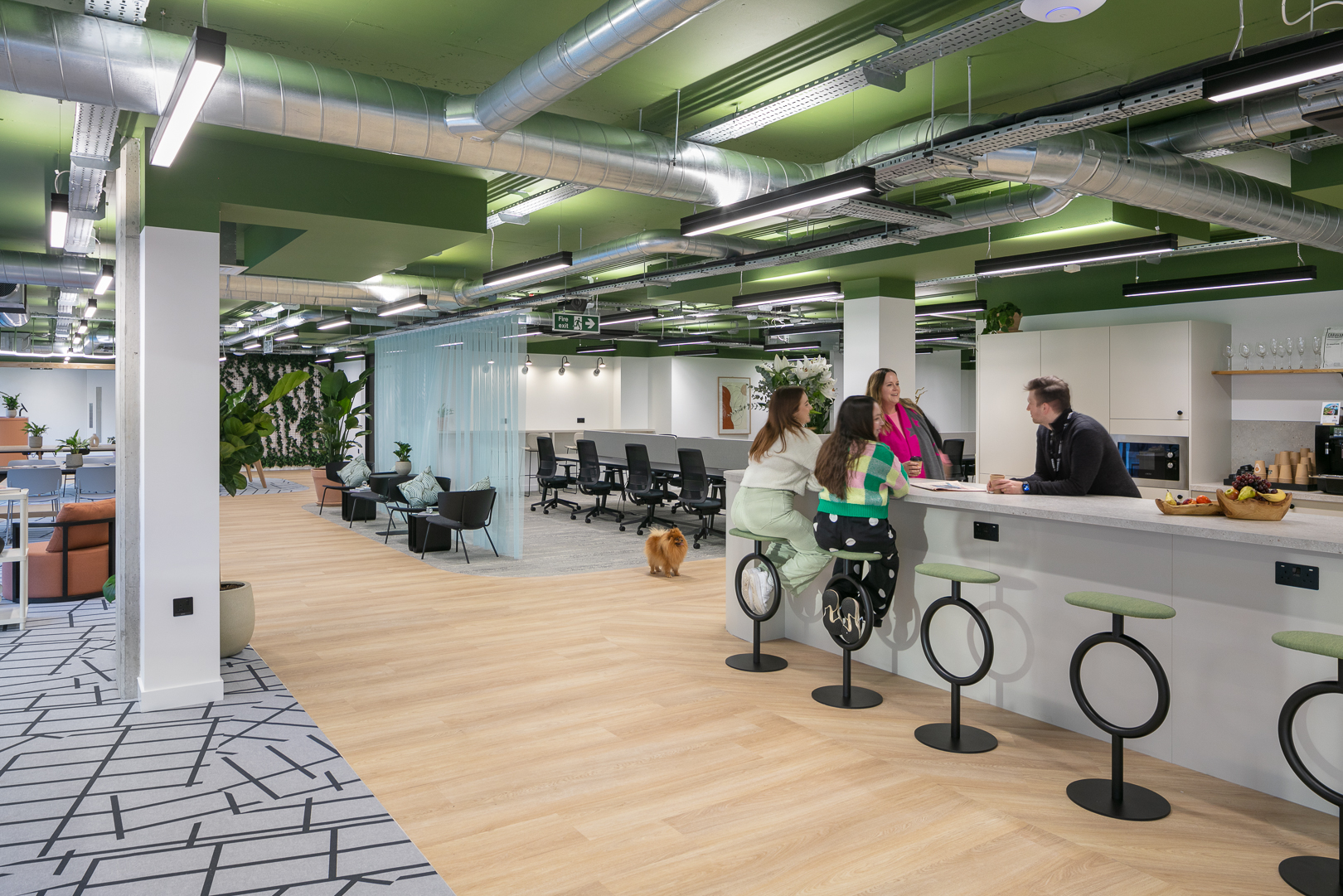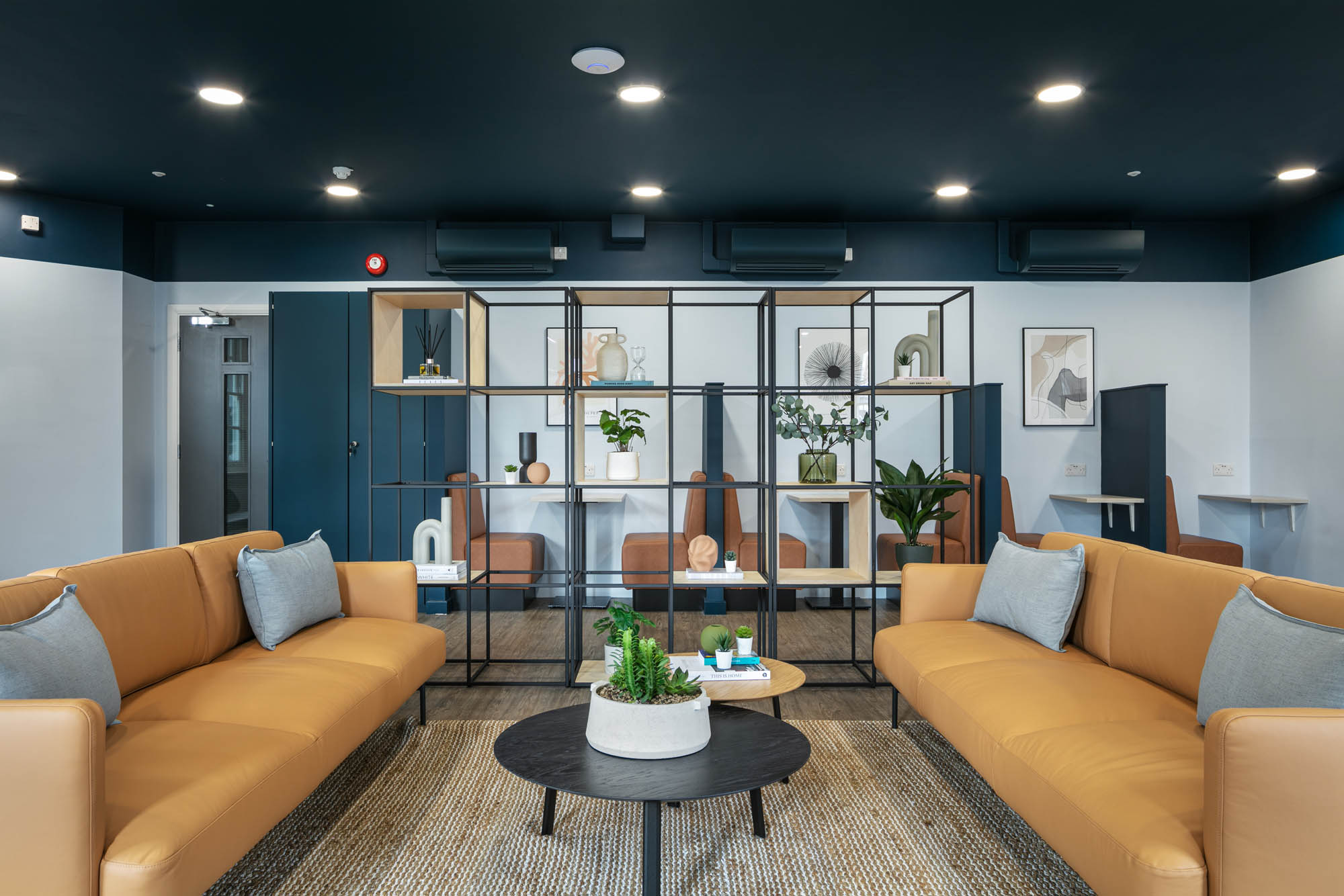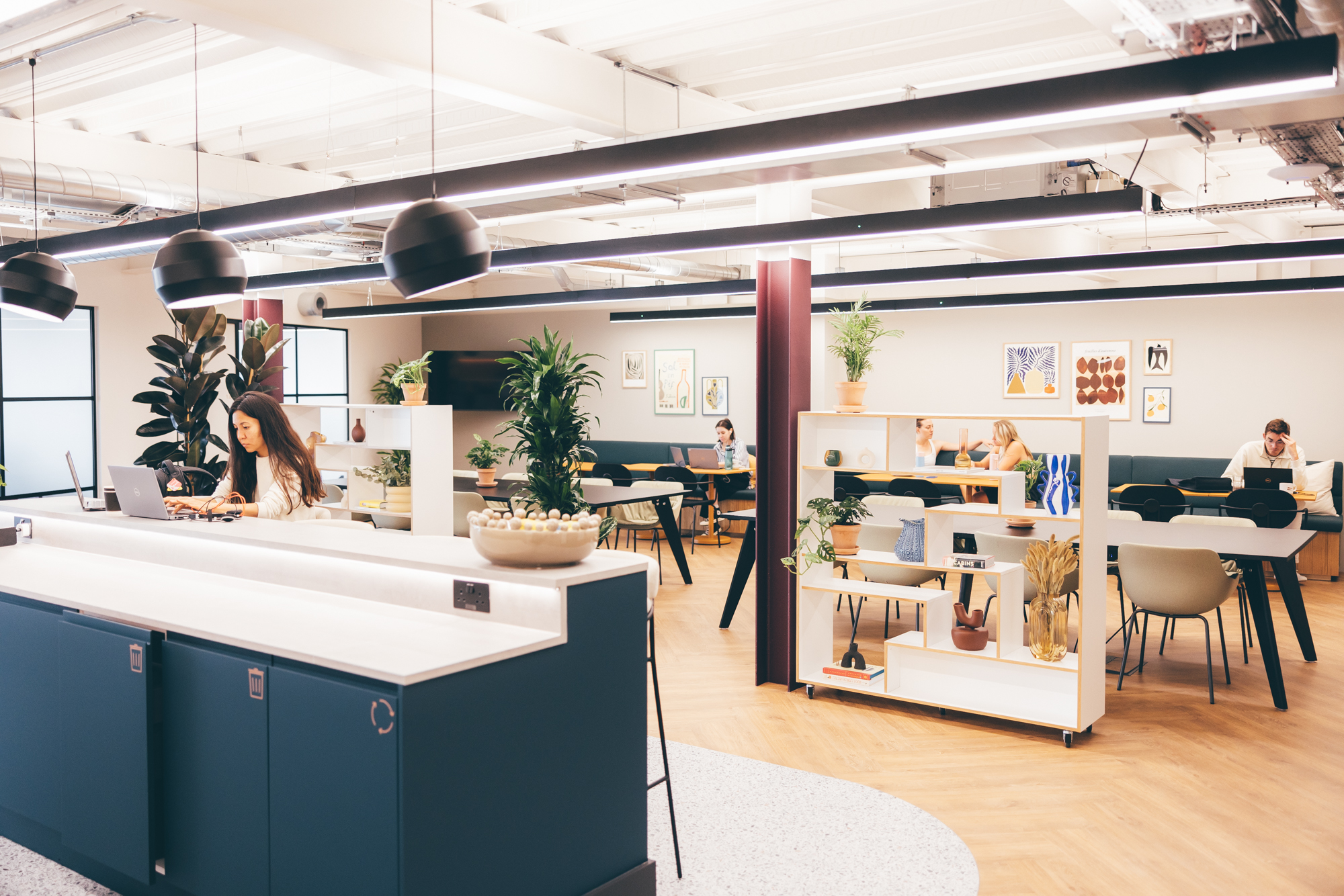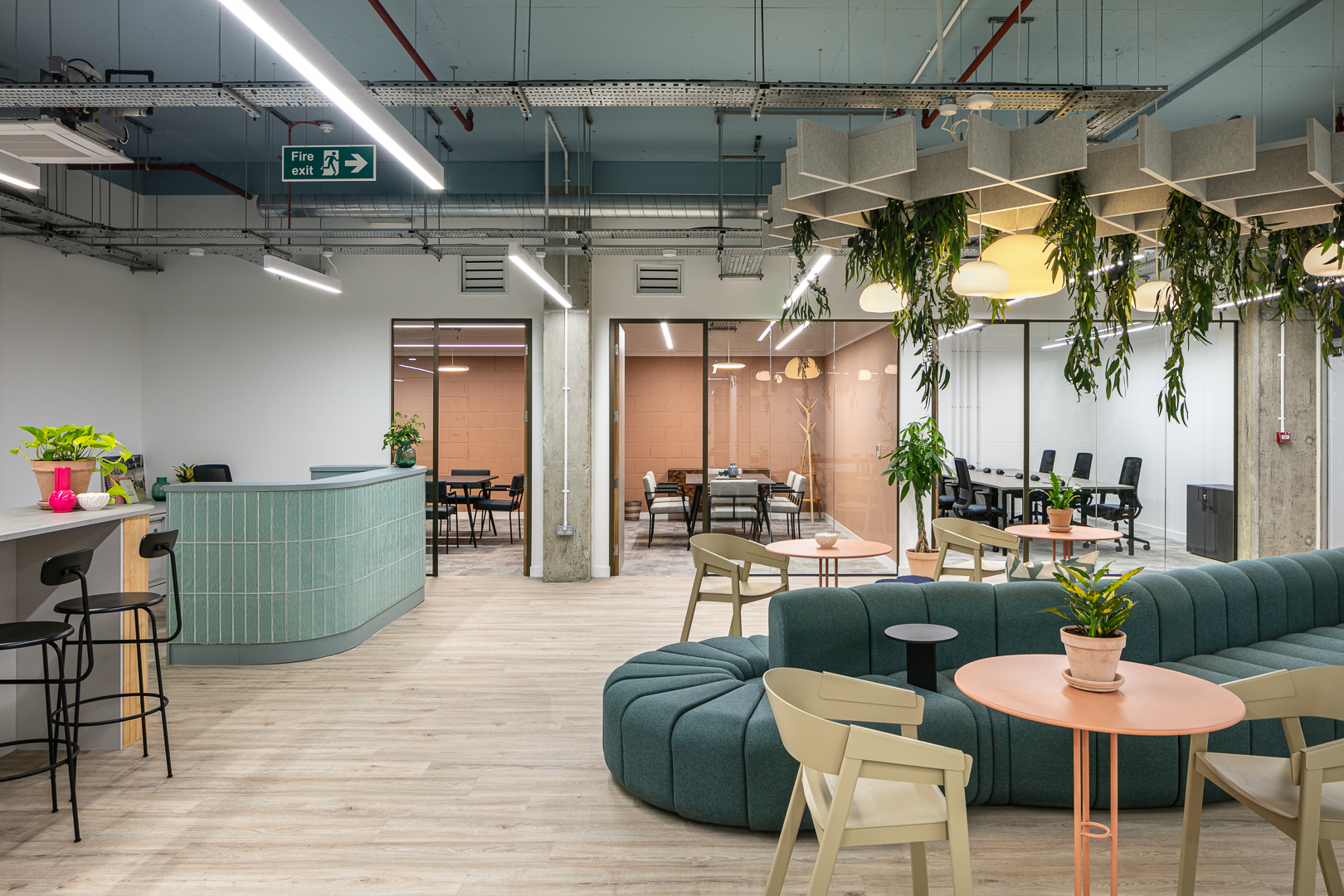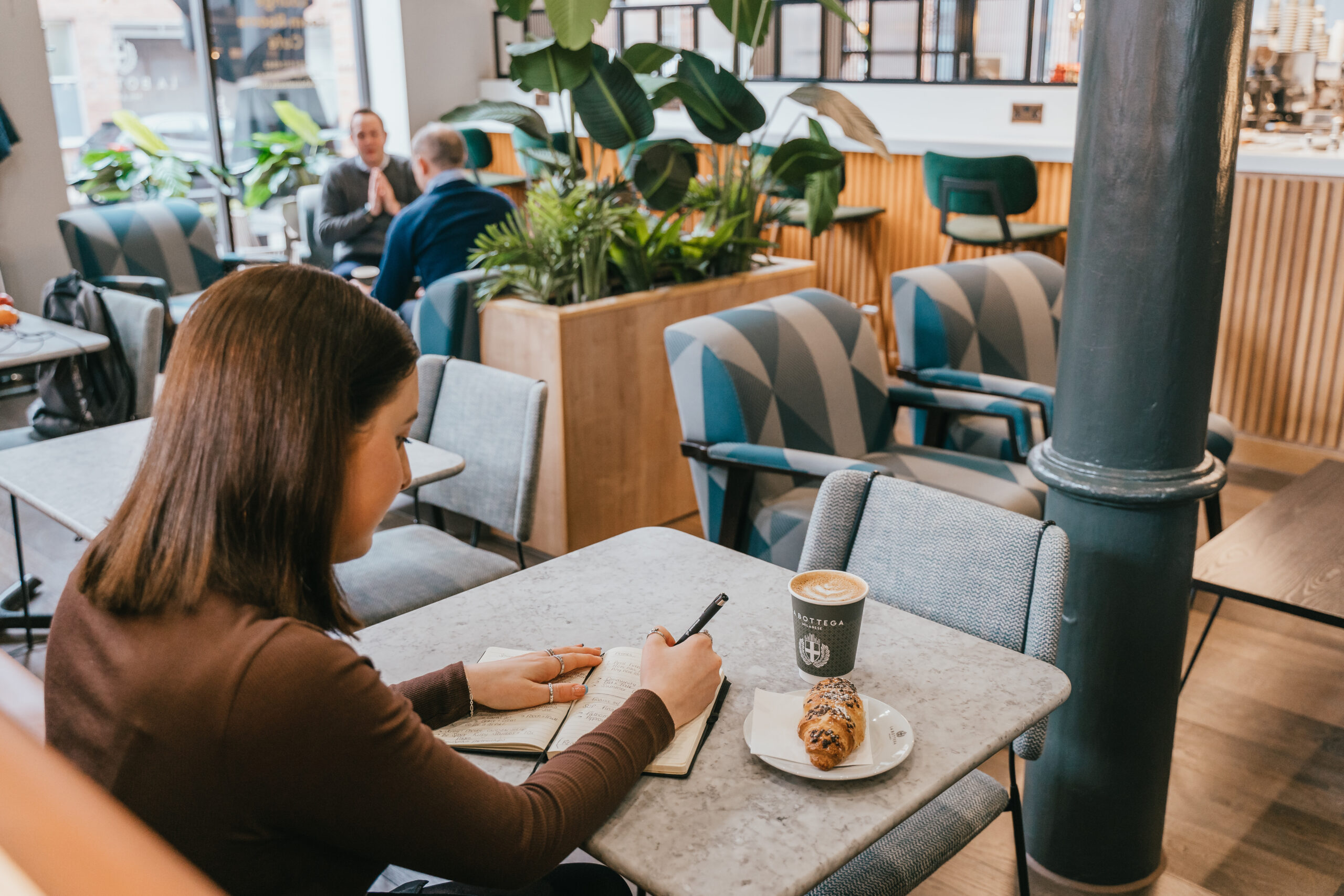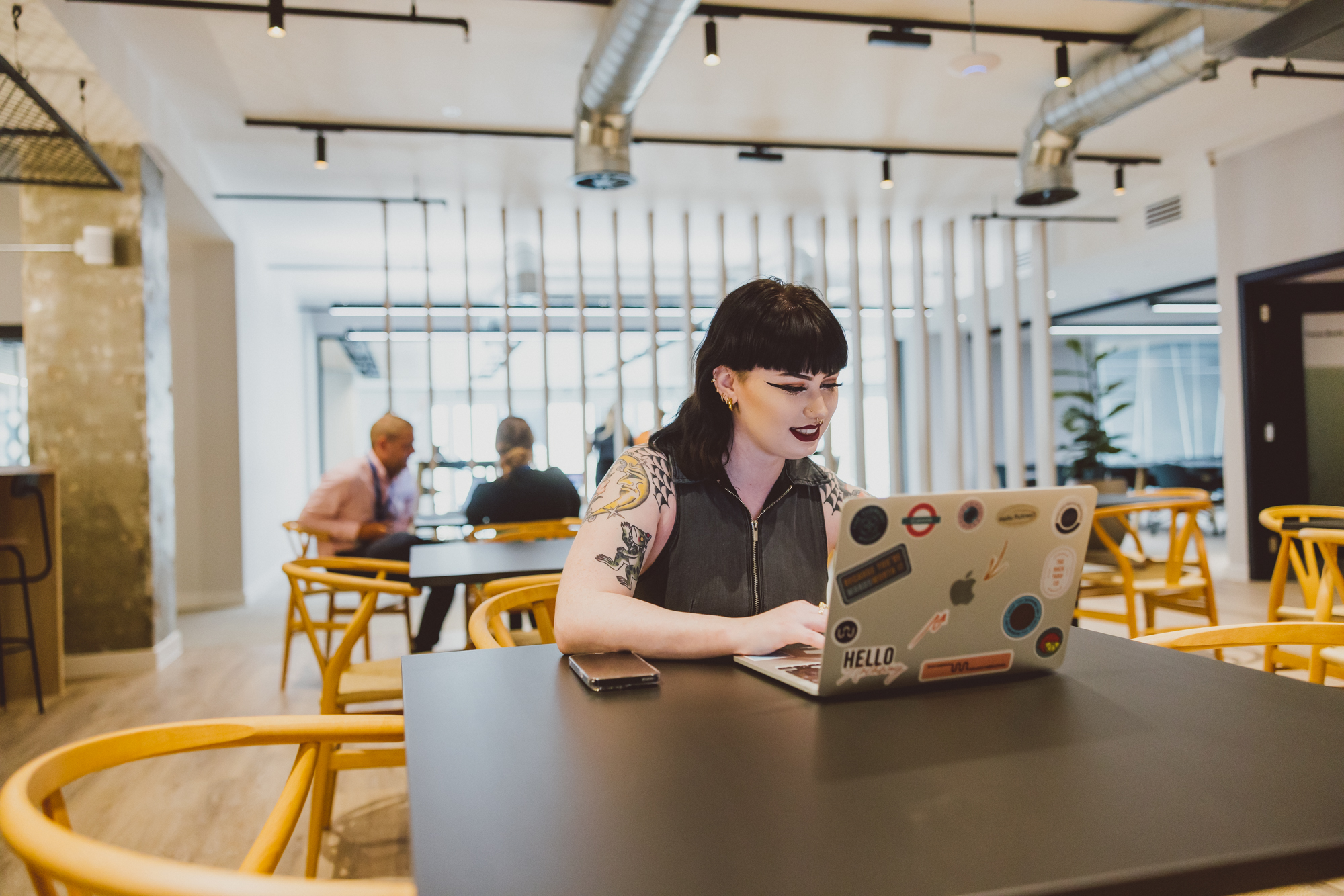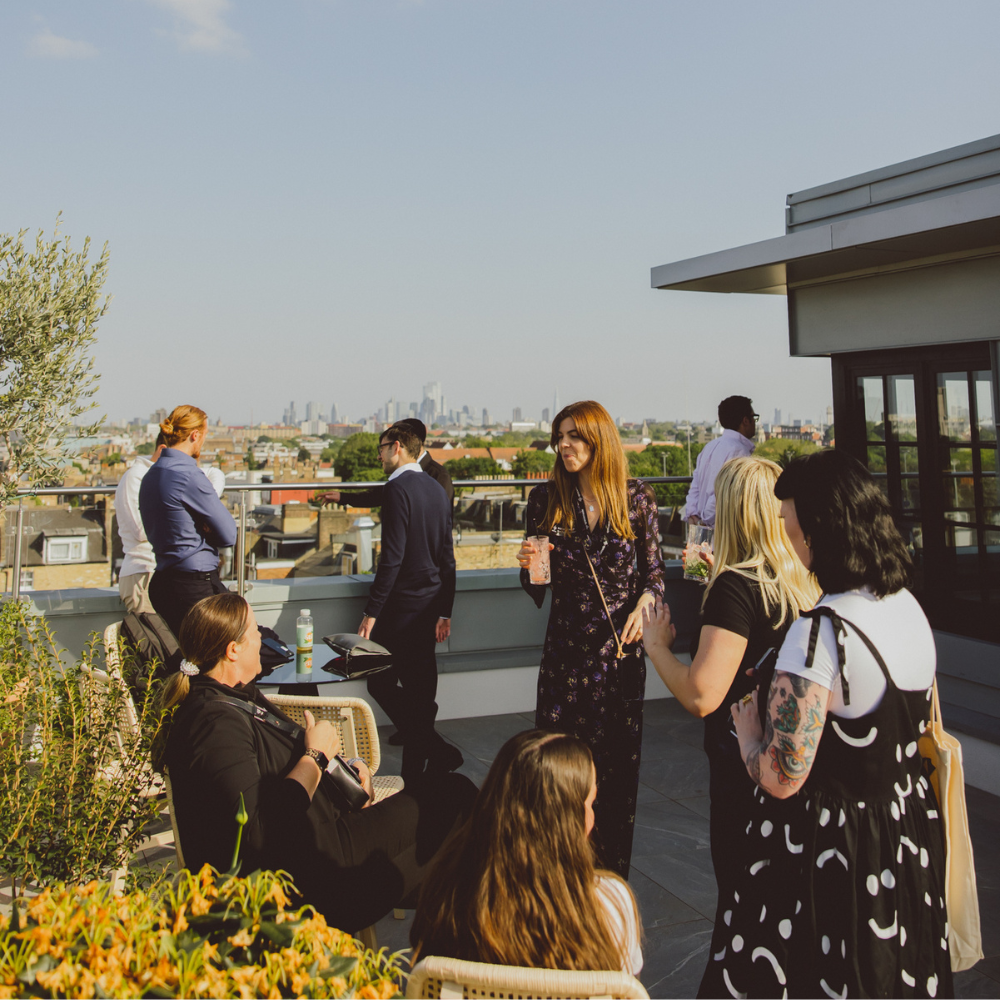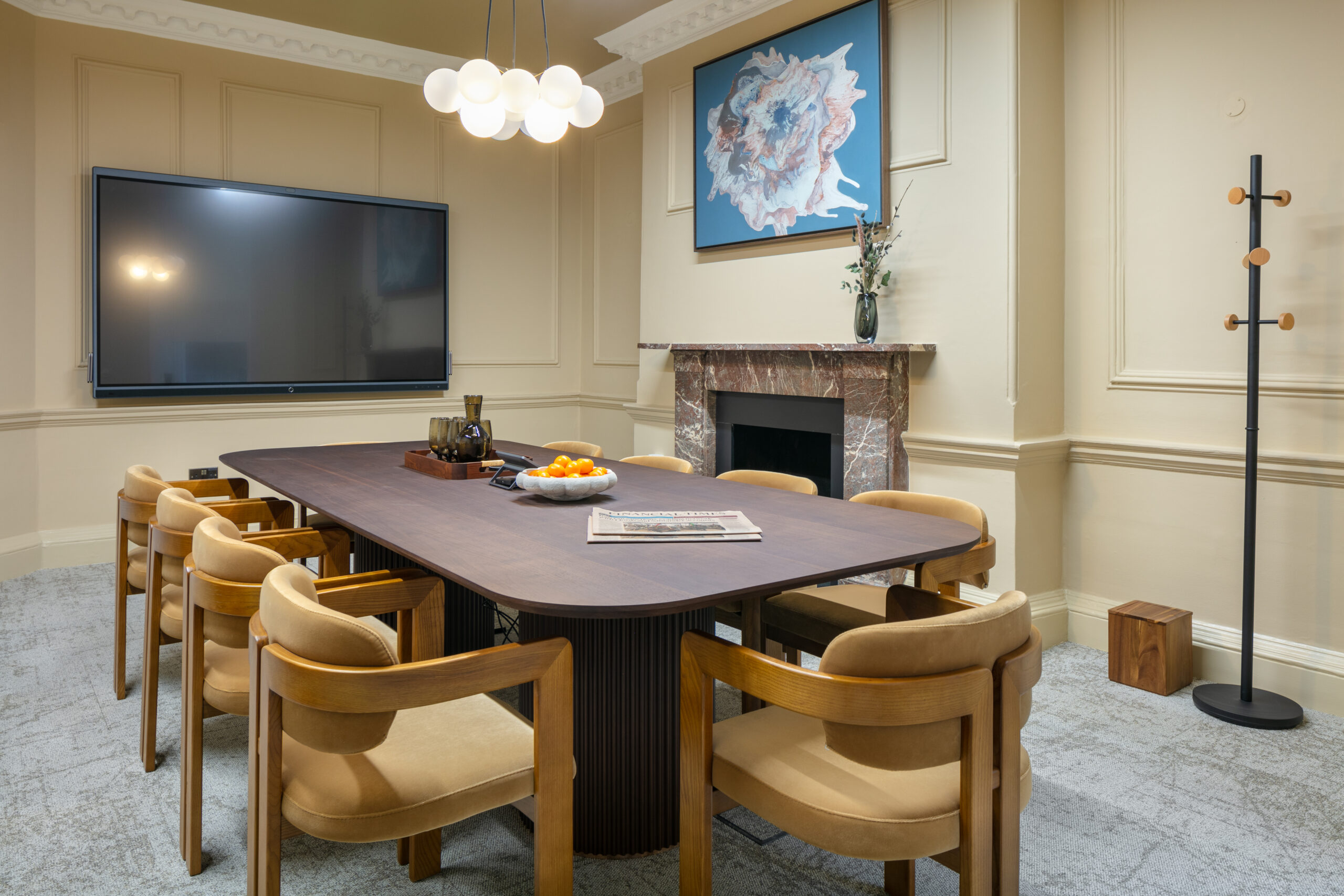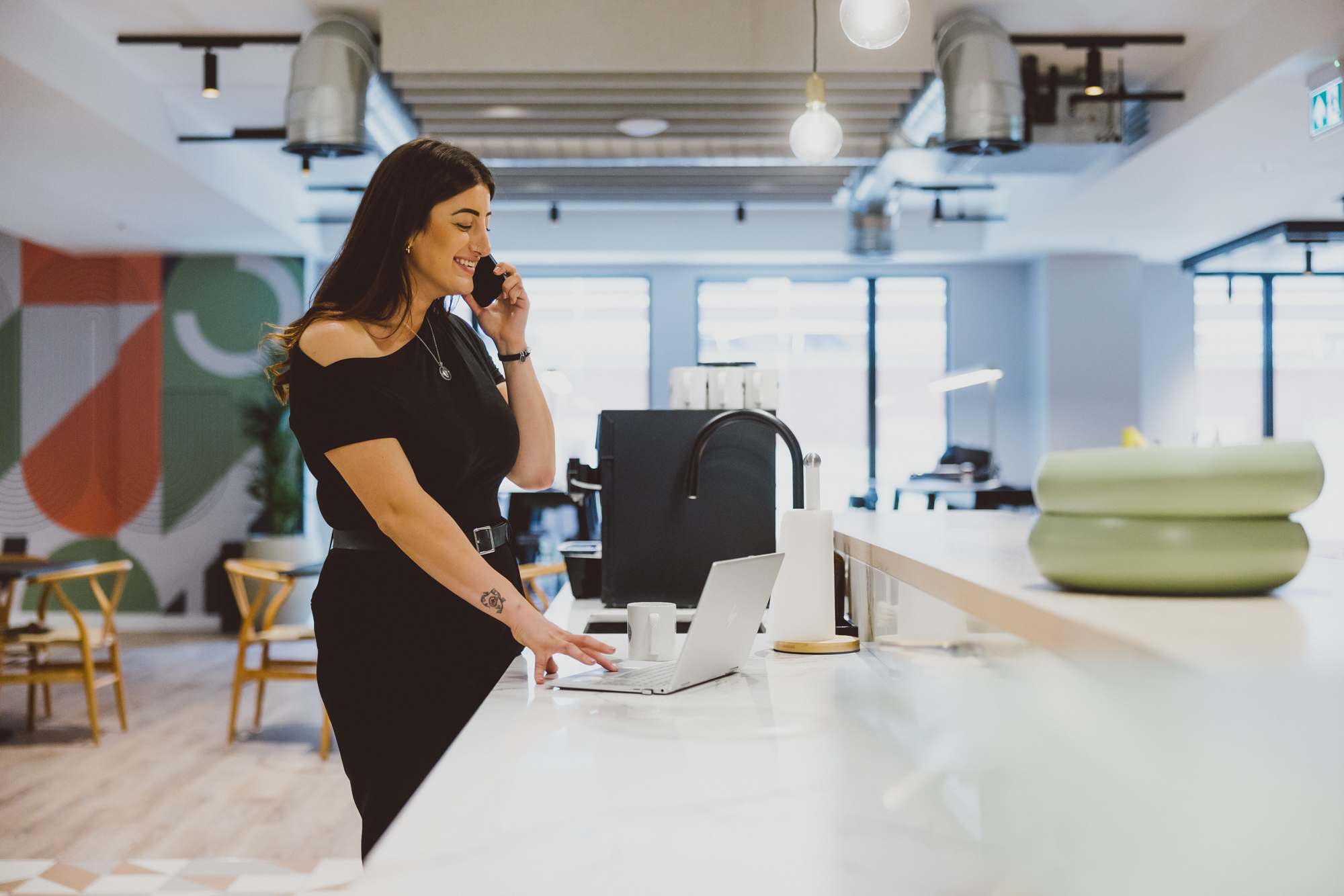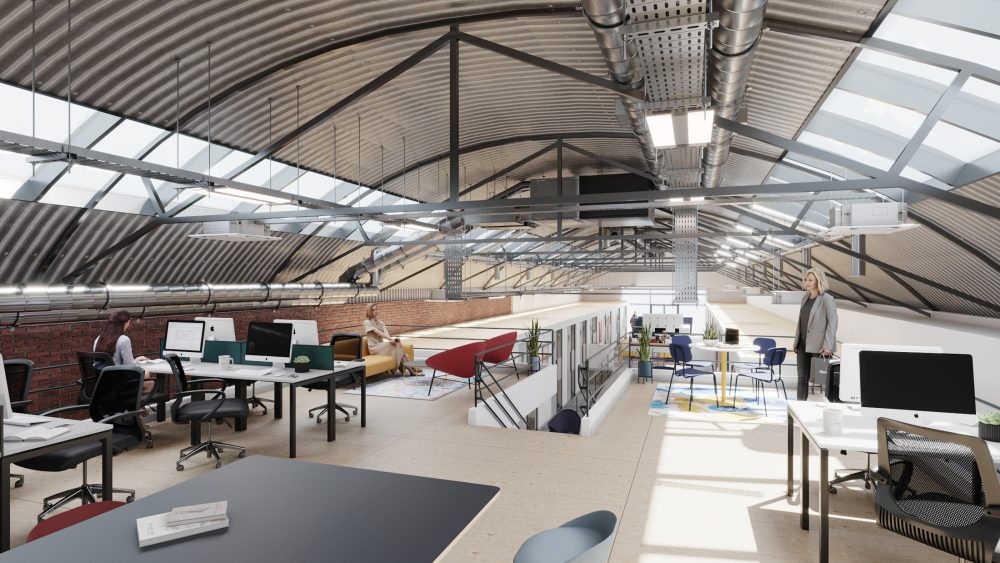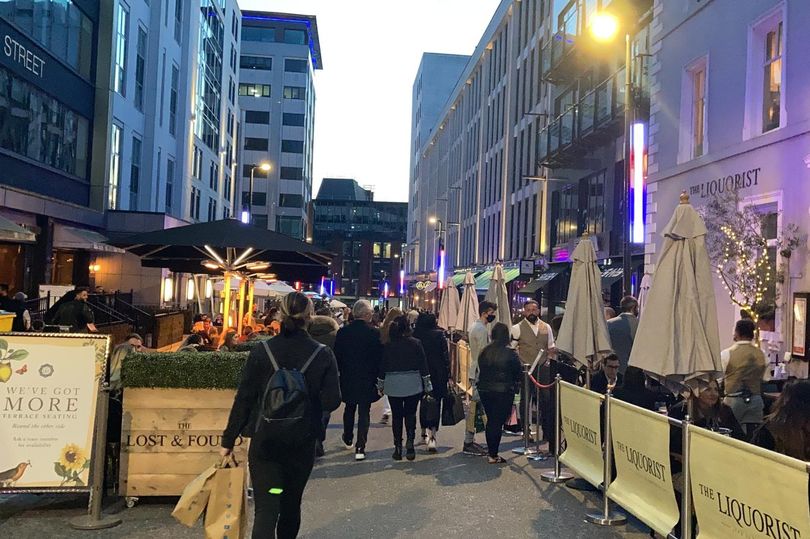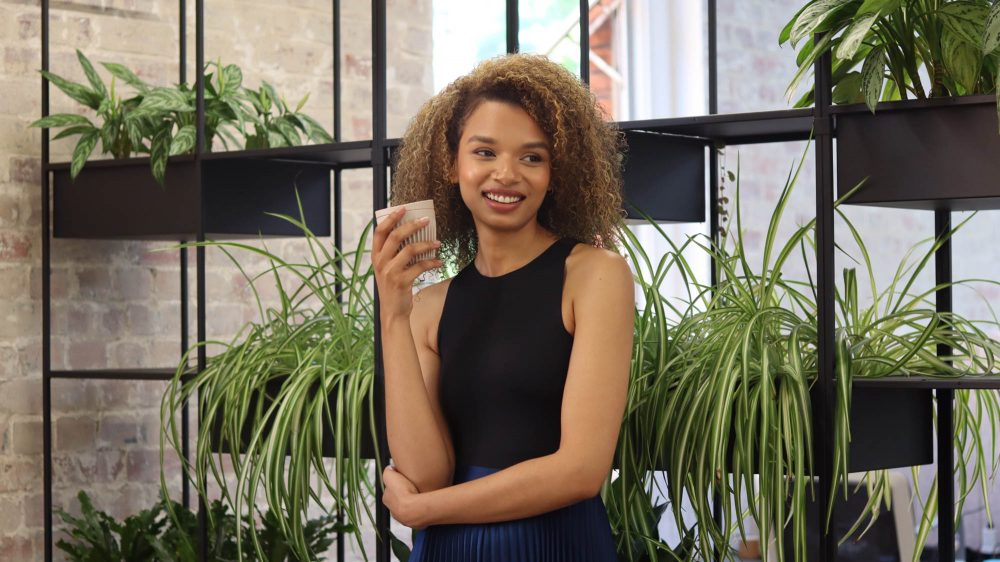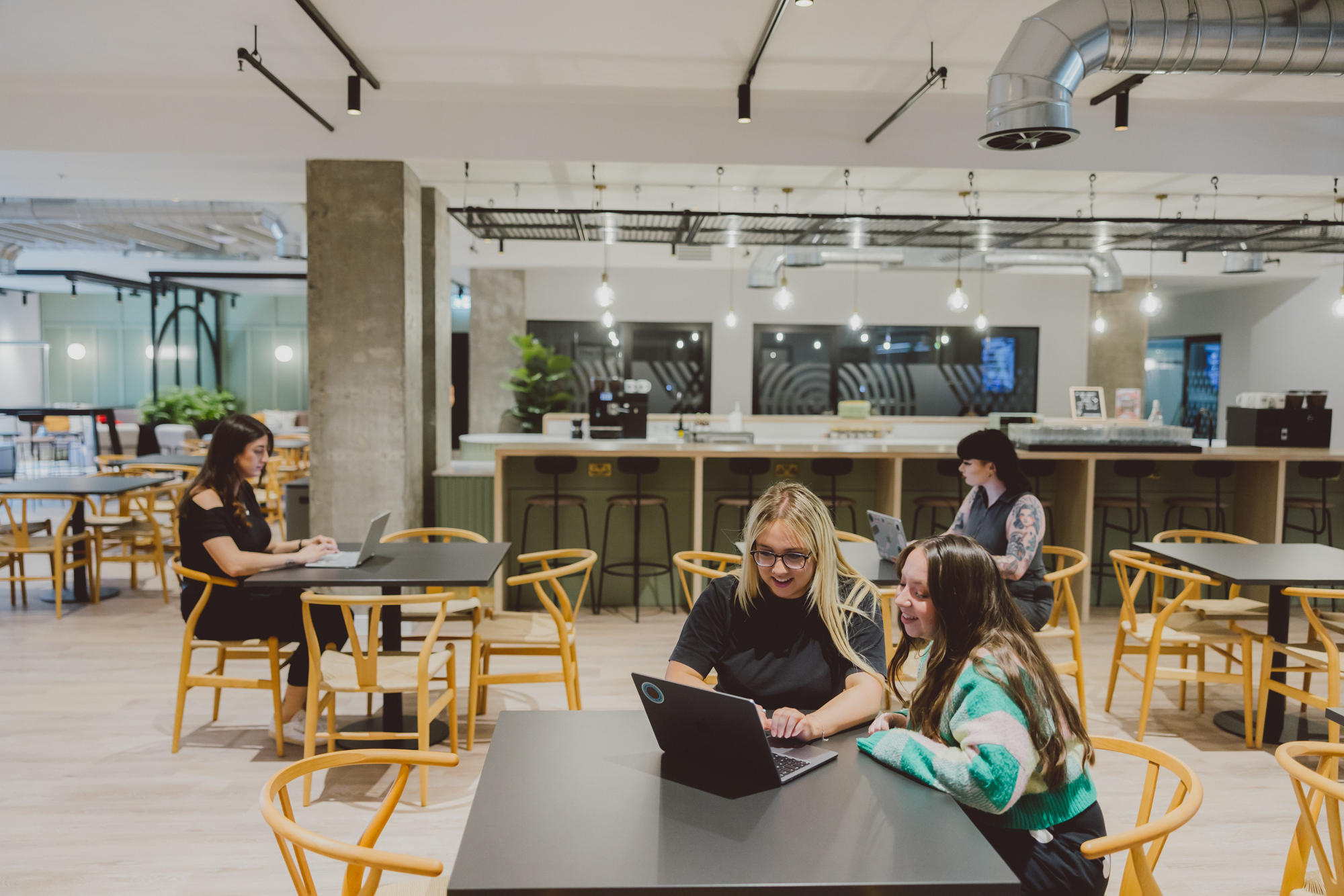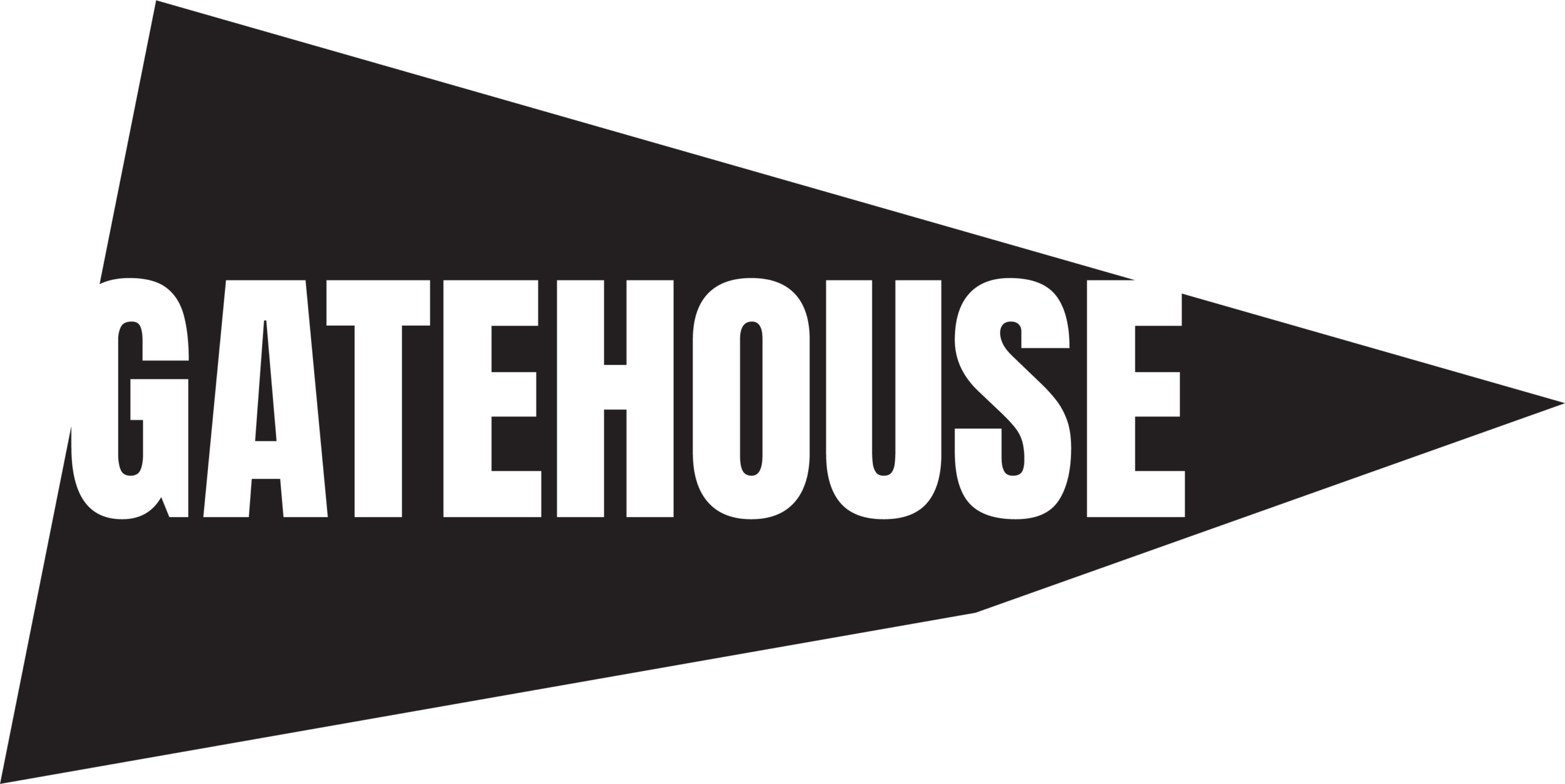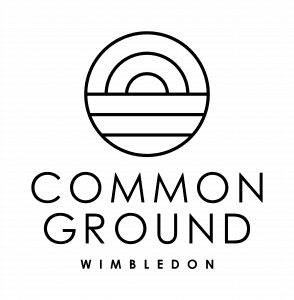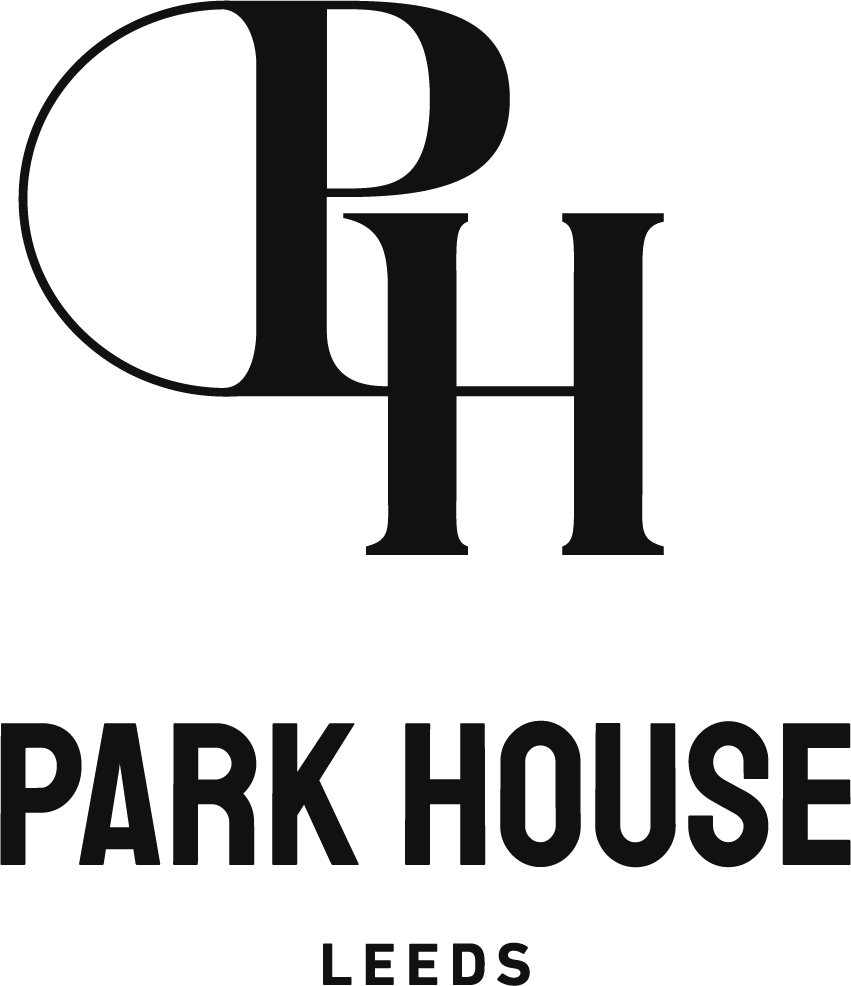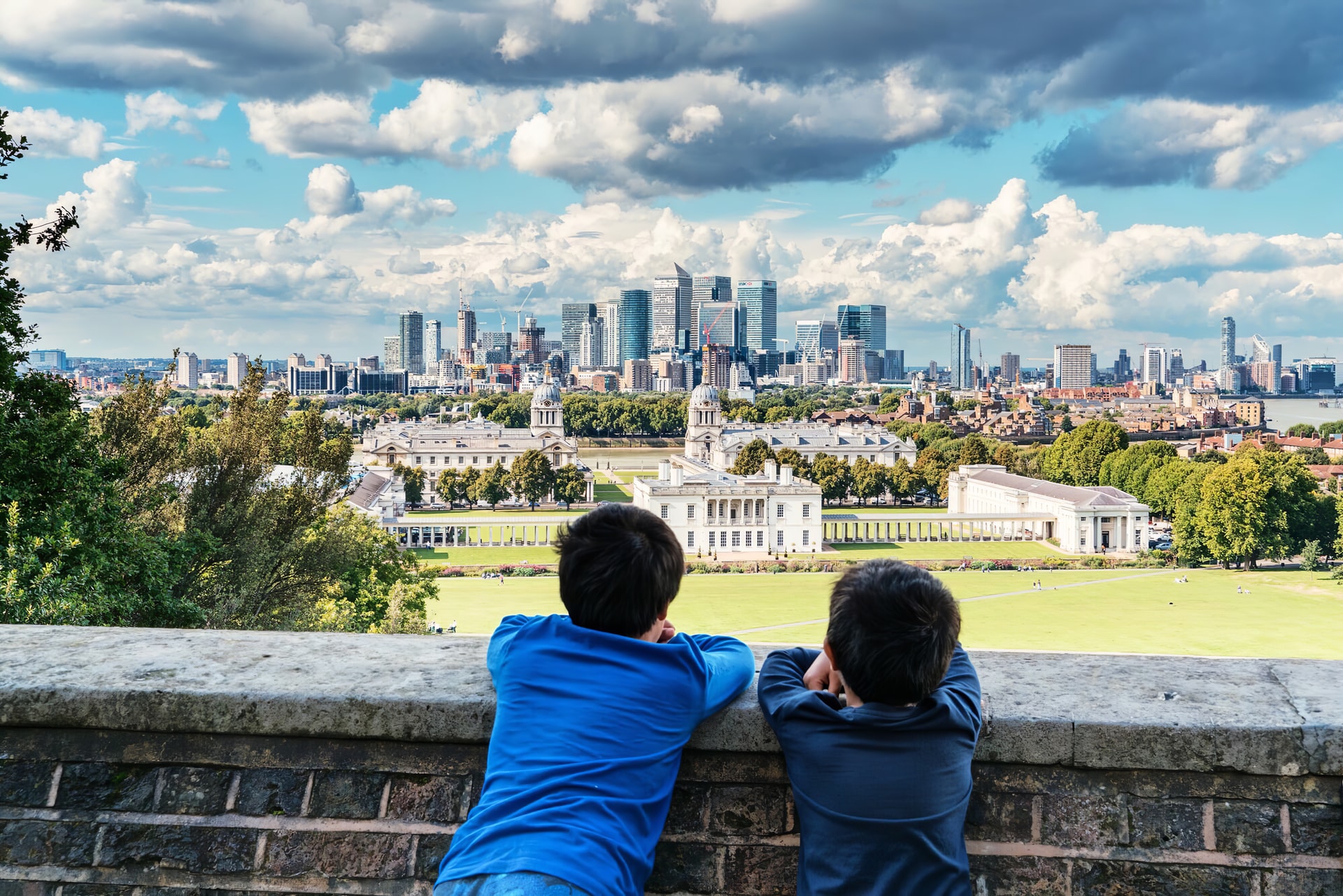
The 15 Minute Transformation of Towns and Cities
In 1966, Jane Jacobs, the American urban planner and city visionary spoke about putting people at the heart of building cities. She wrote extensively about the loss of urban communities and how cities function, evolve and fail.
It has taken a global pandemic for government, business and in fact, all of us, to re-assess the way we live and work. And the Covid effect has compelled us to experience an entirely different relationship with our local neighbourhoods.
No doubt, the way we communicate, travel, consume and socialise has been re-modelled by pandemic restrictions. According to a BBC report, Carlos Moreno, a scientific director and professor specialising in complex systems and innovation at University of Paris 1 Panthéon-Sorbonne, believes there “will never be” a return to city life as it was before the coronavirus struck.When the pandemic shuttered city centres, he says, it showed how important social links are – but through a different prism.
“Many people never visited shops close to their homes before because they were busy. They didn’t know their neighbours or the parks nearby. The pandemic made us discover this. We have rediscovered locality, and this has improved quality of life.”
Moreno, who is also Paris City Hall’s special envoy for smart cities, is regarded as the key theorist behind the recent resurgence in a new model for urban planning that seems almost custom built for this localised future: the ‘15-minute city’.This new live/work formula, albeit not a new concept, is now accelerating in both popularity and planning.
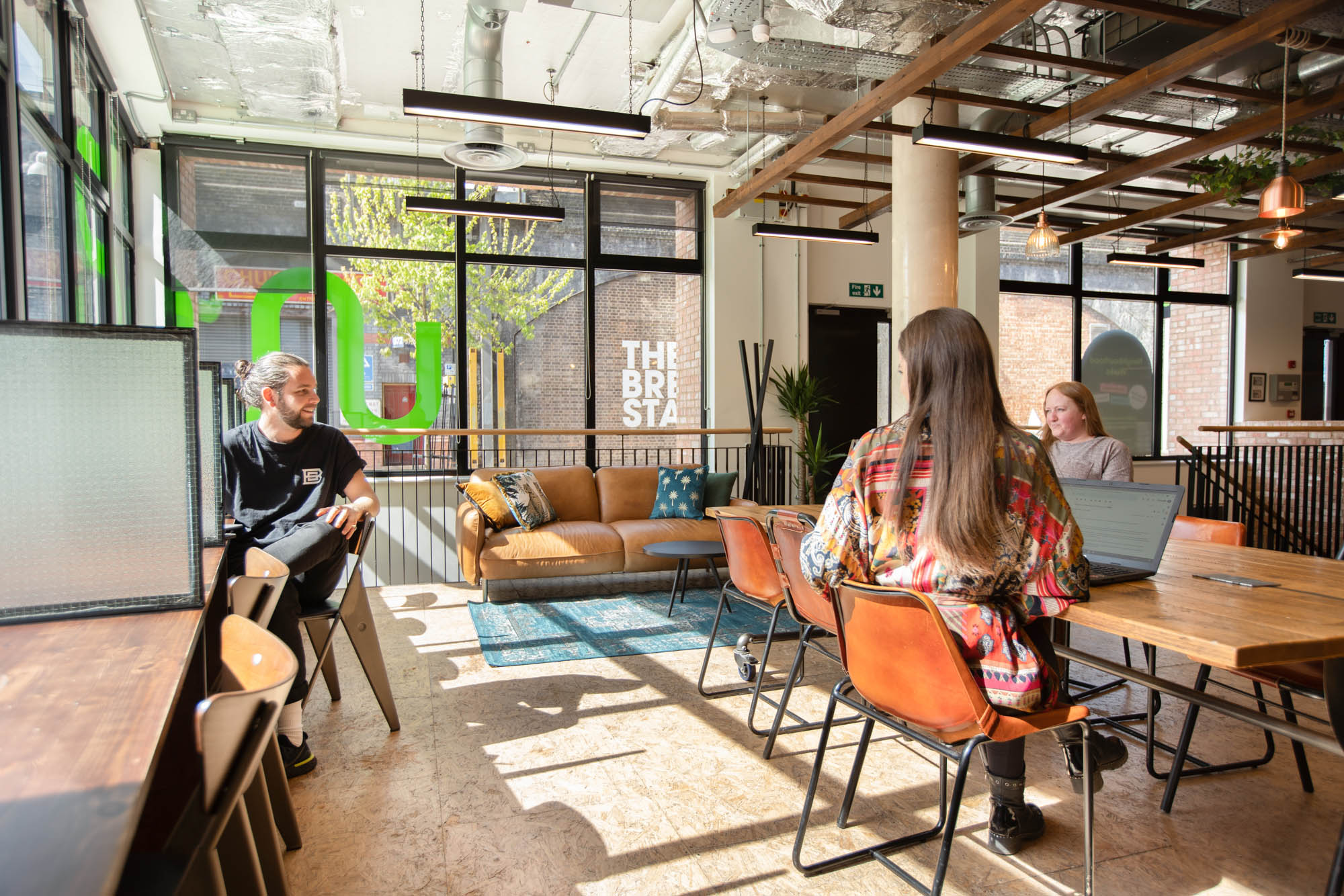
But what is the 15 minute city movement?
In simple terms, in a 15 minute city, everyone is able to meet most, if not all of their needs within a short walk or bike ride from their home. In fact this may not even be within a city. In essence this is about building complete and connected neighbourhoods. It means reconnecting people with their local residential areas and decentralising city life and services.
The idea is to improve quality of life by creating town or city neighbourhoods where everything a resident needs can be reached within a quarter of an hour by foot or bike. The 15-minute city requires minimal travel among housing, workspaces, restaurants, parks, hospitals and cultural venues.
Who will the 15 Minute City benefit?
This new urban live/work formula has a multitude of economic, human, environmental and societal benefits.
By reducing travel and the use of motorised transport, the 15 minute city will help negate carbon emissions and local pollution. Cities as different as Paris, Melbourne, and Portland, Oregon are working to re-imagine their cities using the lens of walk/bike travel time. Many more cities have long term goals to increase walking and cycling to improve urban life and reduce carbon emissions.
Increasing opportunities to walk, cycle or scoot will also enhance human health & fitness. In fact, our adoption of cycling as a new mode of city transport is already rocketing in our post pandemic world. According to The Bicycle Association, there have been £1bn of additional UK bike sales since March 2020.
But the 15 minute city formula won’t just benefit physical health. A shift in city structure, according to Richard Bentall, a psychology professor at the University of Sheffield who studied the mental health and social impacts of Covid-19, will promote a new sense of belonging and this new mindset he says, could make us all happier.
“If you feel a sense of belonging to your neighbourhood, that’s a massive protector of your mental health. If 15-minute cities could strike this balance, then maybe a happy urban future for the human species is possible.”
From an economic point of view, commentators are already pointing to a positive and rapid effect on local neighbourhood commerce. Local city ‘villages’ are being re-framed. Whilst some regional high streets are still in recovery mode, other local urban neighbourhoods are flourishing, supporting the rise of independent owned shops, cafes and restaurants.
The Mayor of London and London Assembly have laid out a new post pandemic vision called High Streets For All, where they envisage the ‘building back better’ of new self supporting communities providing residential access to all essential services as well as local green spaces, local shops, medical & sports facilities and local workspaces too.
“Shared workspaces can enable collaboration, knowledge exchange and increase business productivity. They can also speed up the adoption of new technologies. There is an opportunity to build on the momentum of remote working by providing flexible and family friendly local work spaces. In central London, traditional workspace can be reimagined as a centre for enterprise, collaboration and innovation. We can support both existing and new types of business and nurture innovation within local economies, through place-based policy development, targeted business support, planning, licensing cultural and economic development incentives”.
And for Spacemade, this is where we hope to play a valuable role. Localisation is also about transforming how and where we work.
Transforming the way we work
During the pandemic, so many of us were forced to work from home. But working from home did not work for everyone. For many desk based employees, it’s not even an option. Home space can be limited, digital connectivity challenging and there are no in-house office services or water cooler moments. In a Monster survey 51% of respondents admitted to experiencing ‘burnout’ while working from home during the pandemic.
It turns out that one of the functions of workspace is to provide an equal and enriching human experience.
Whilst flexible workspace members have traditionally been startups, lean scale-ups, SMEs, solo-preneurs and freelancers, the hybrid worker is now part of that membership mix. Large corporates and business employers have responded to the fact that their office employees do not want to return to long commutes to reach city centre office HQs.
A growing number of business employers are offering employees the chance to work in a hybrid way. Many are already offering passes to enable employees to work from local flexible workspace hubs that offer dedicated desk space, access to collaboration space and the opportunity to feel part of and benefit from an energetic and innovative workspace community.
According to TechCrunch, shared work space will become a key ingredient to a new working approach that could contribute to revitalising local towns and cities.
What we do know is that flexibility and choice is key. We all desire something that can deliver less commute time, higher productivity, better community, opportunity, fun and good value for money. Not to mention, a positive and energised place of work that enhances our performance and wellbeing.
15 Minute City of the Future
The future for the 15 Minute City is both exciting and very real. Anne Hidalgo, the mayor of Paris, made it the centrepiece of her successful 2020 re-election campaign, outlining four major principles – proximity, diversity, density and ubiquity – and has since appointed a commissioner for the 15-minute city, Carine Rolland. Above all the aim is to create what she calls “a city of proximities” – not only between structures but between people.
At Spacemade, our neighbourhood workspaces are designed to benefit our local members and the local community. Our mission is to blend a productive and supportive working environment with positive social impact. From creating job opportunities to local partnerships, learning workshops and sourcing local suppliers, our formula will ensure opportunity flows throughout our building and our entire community.
